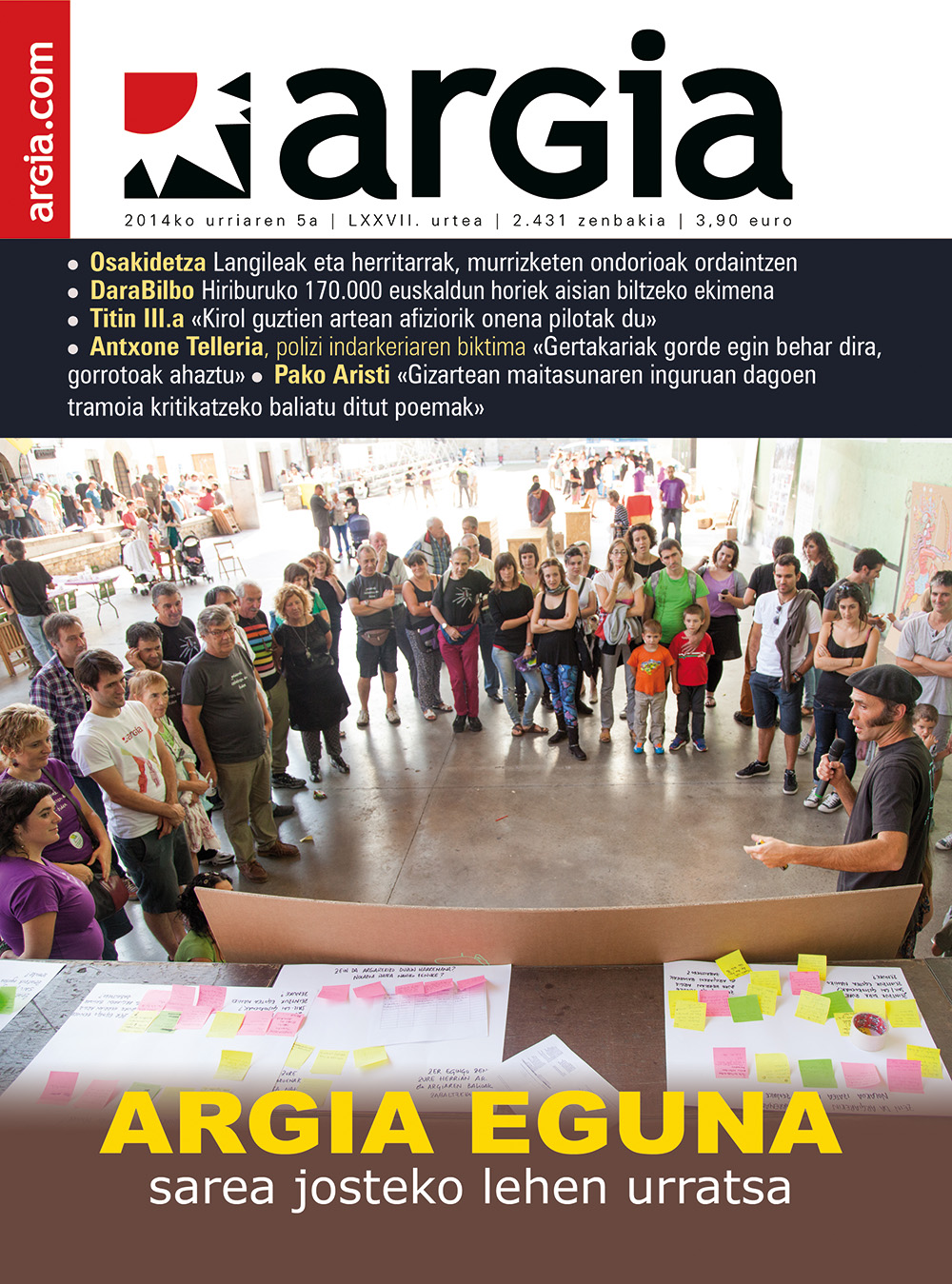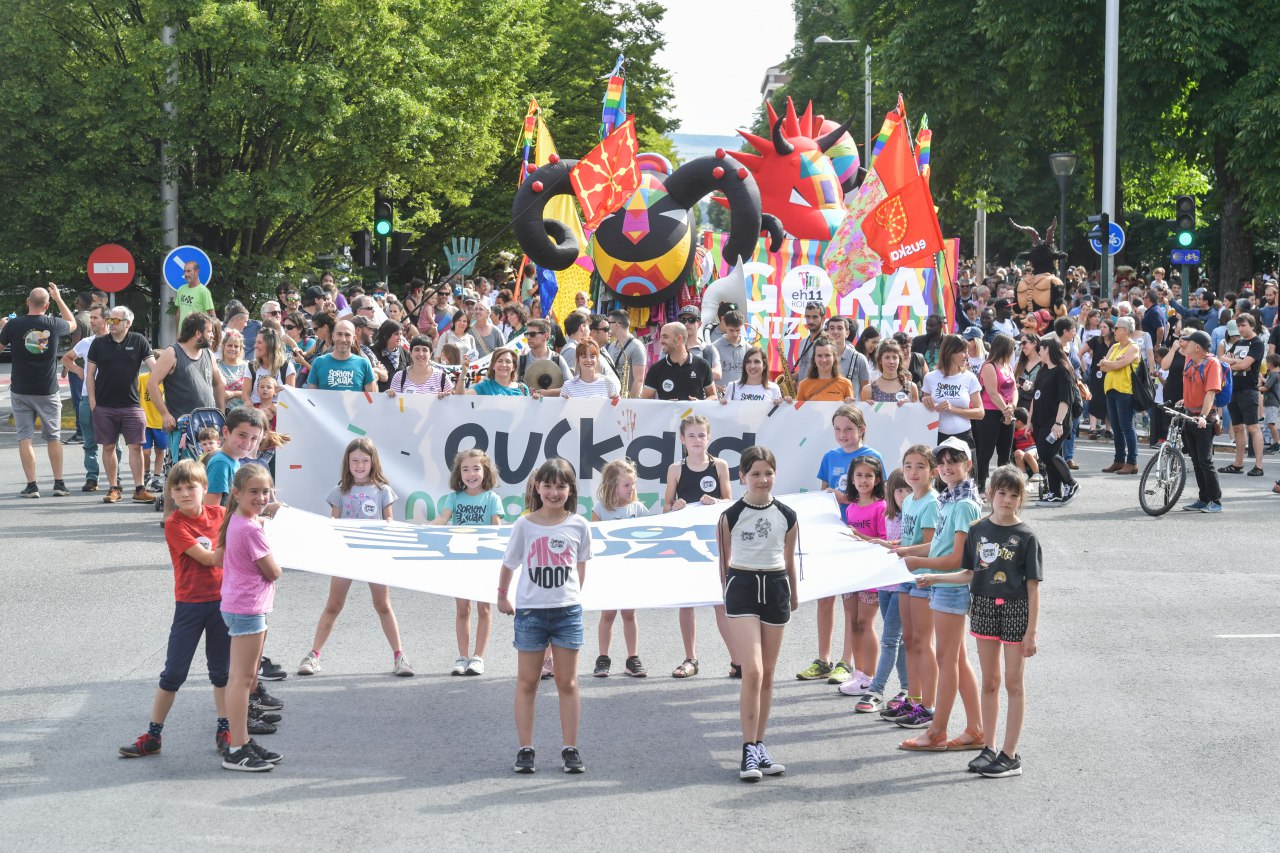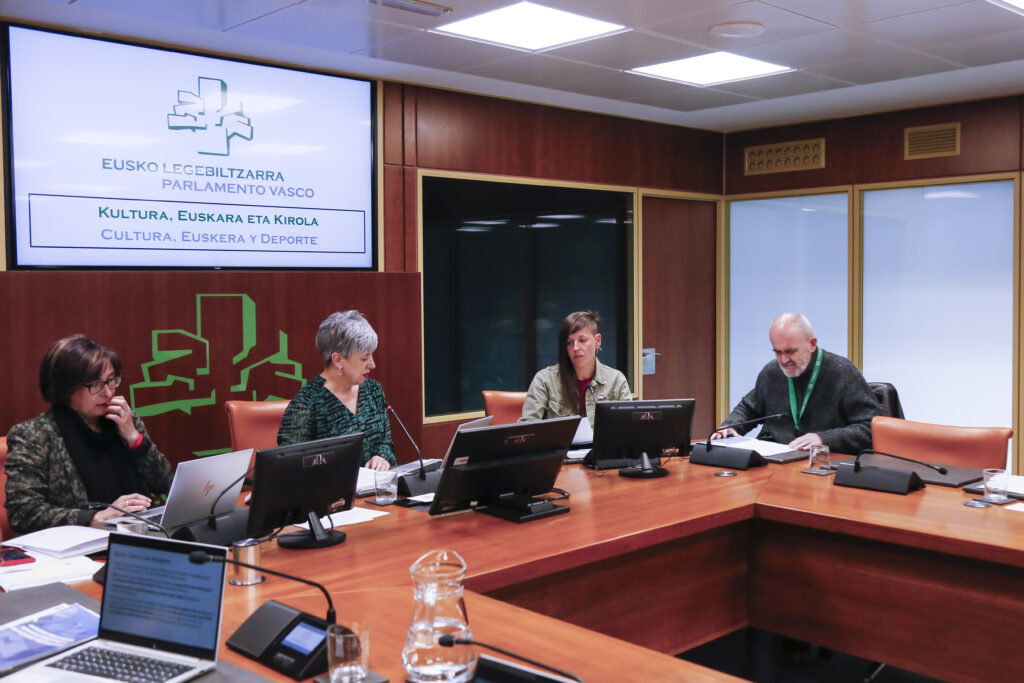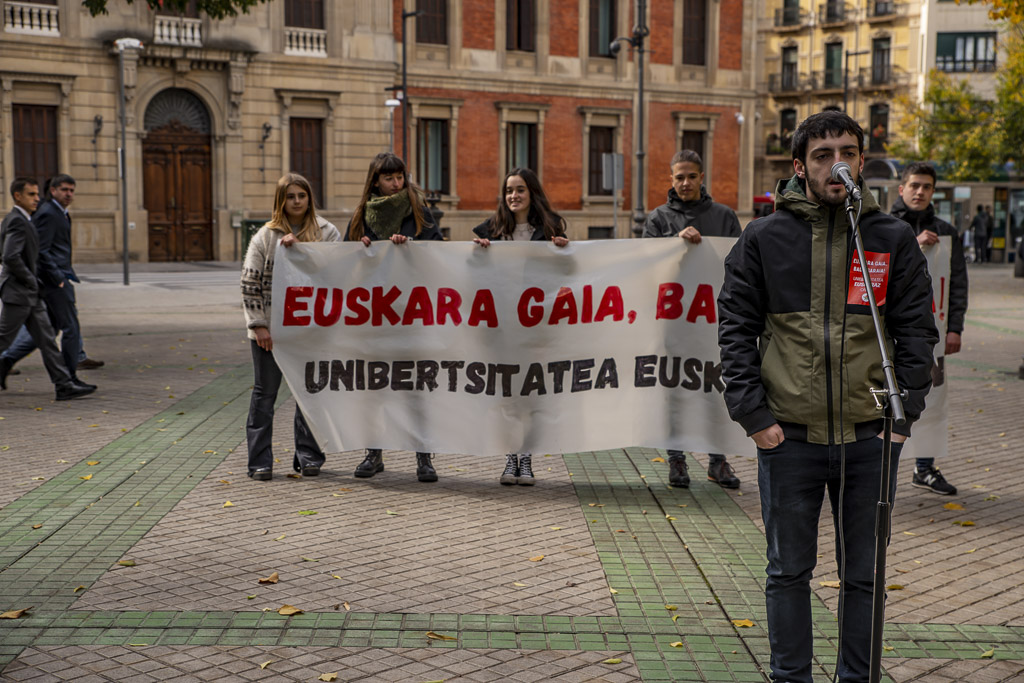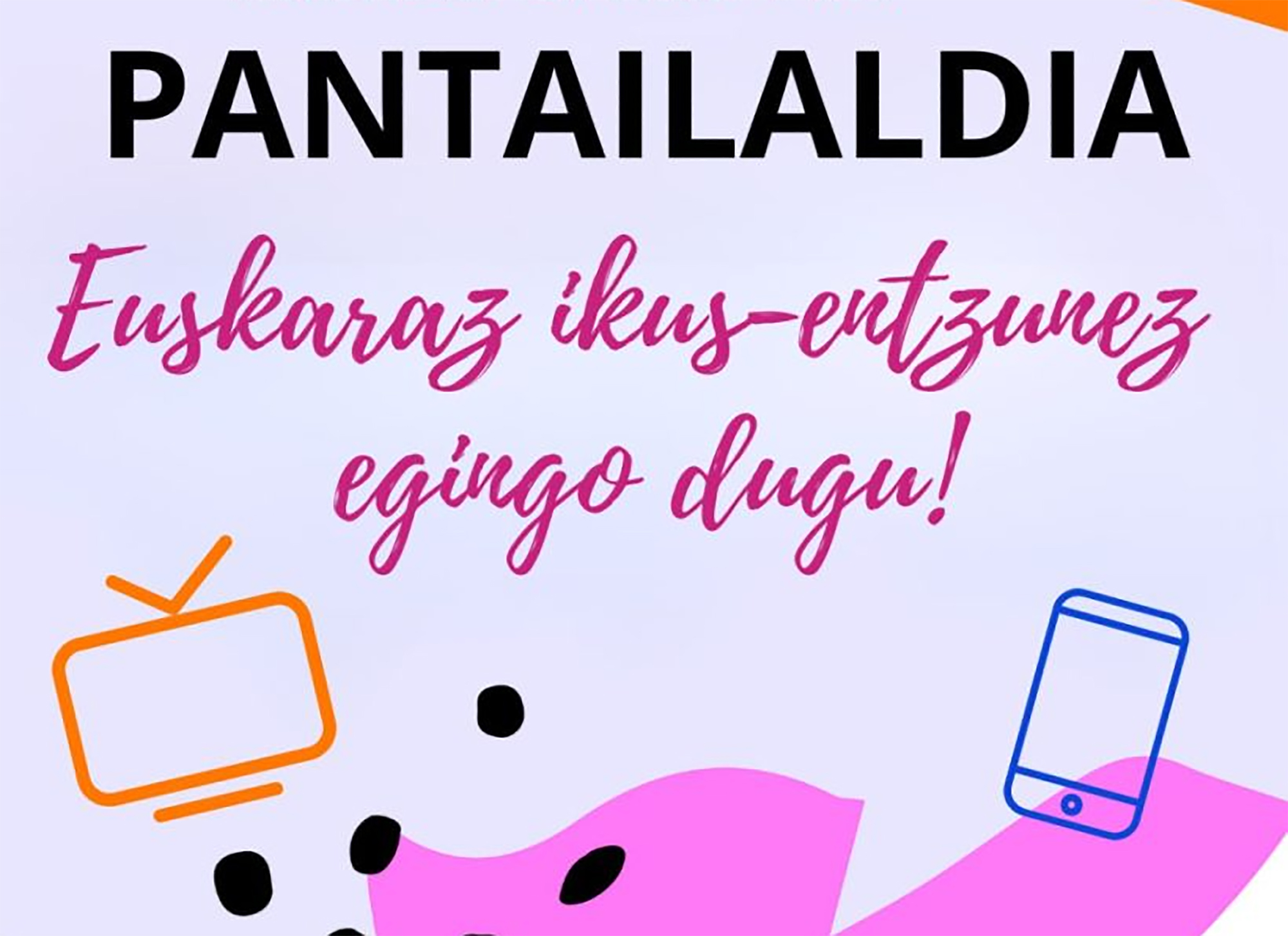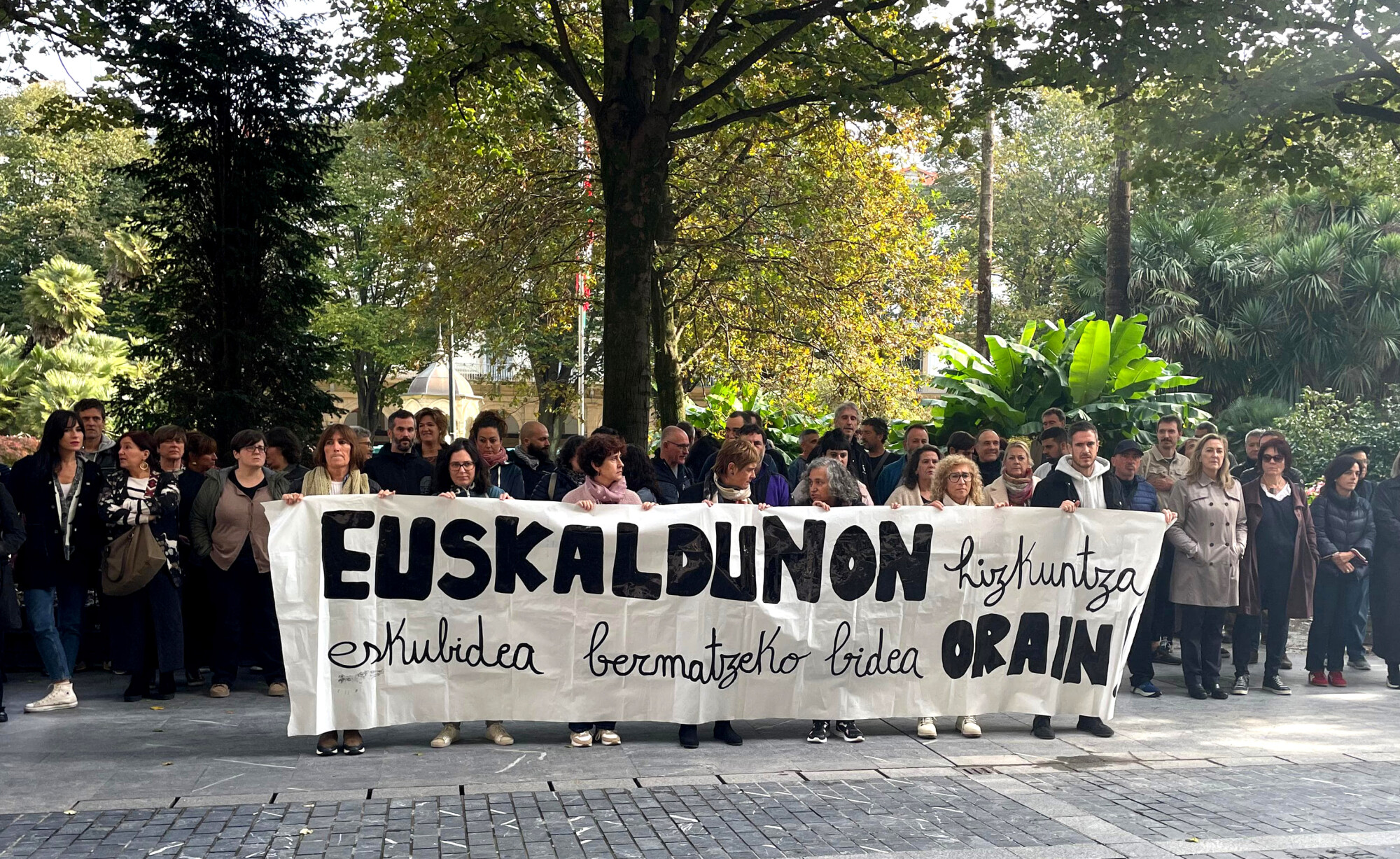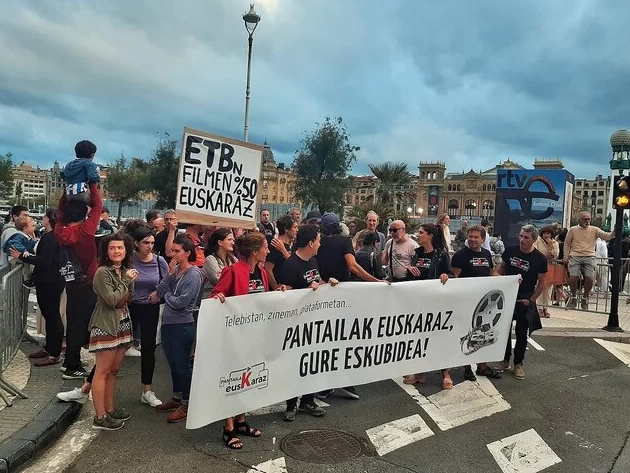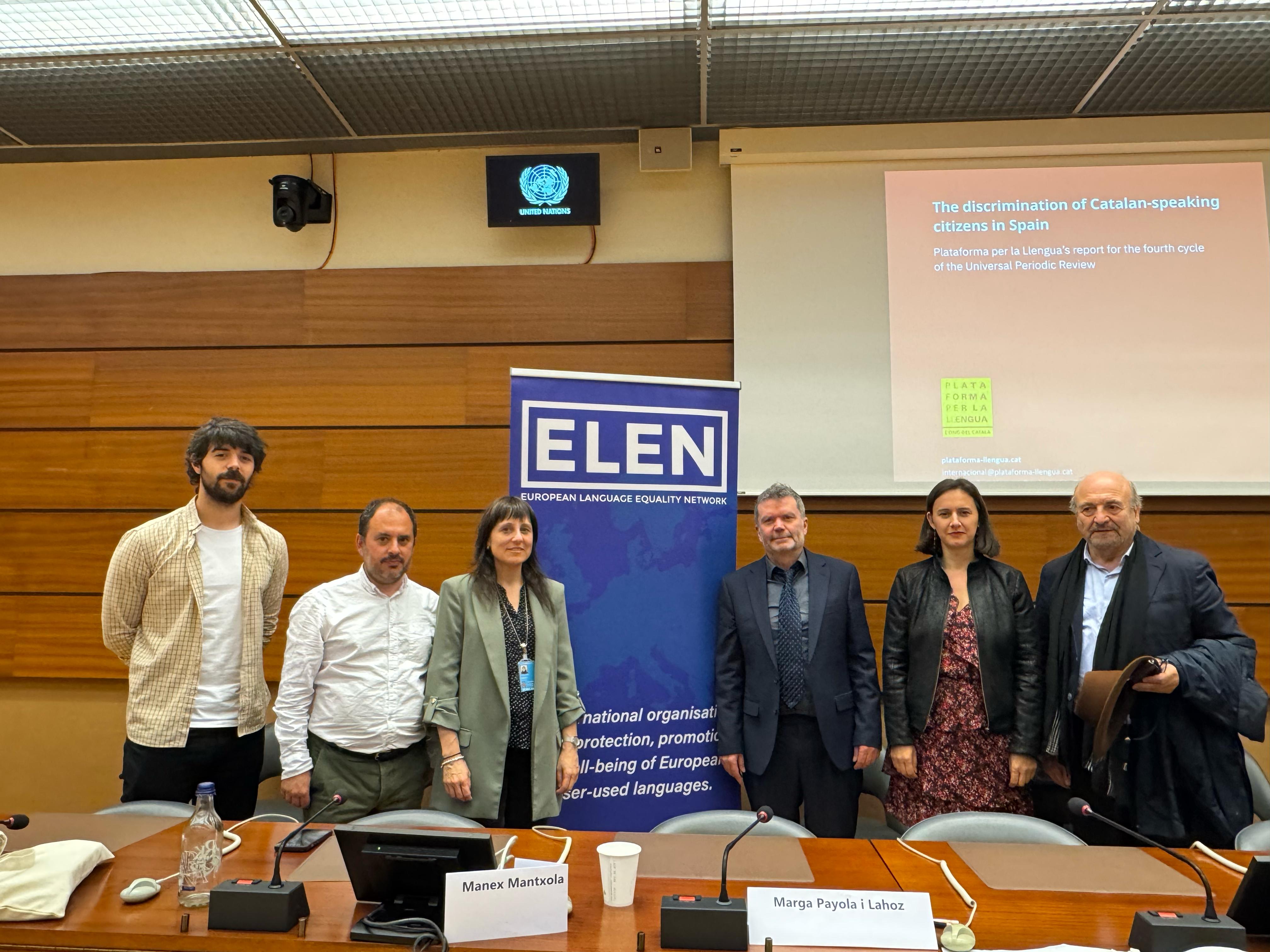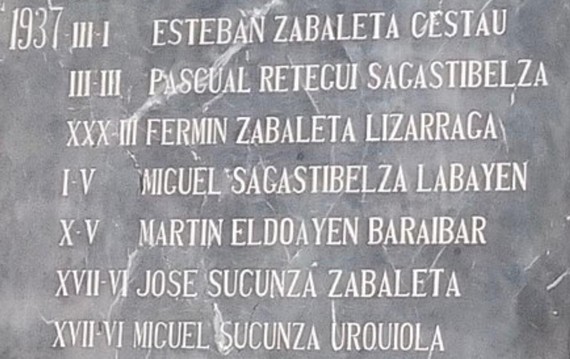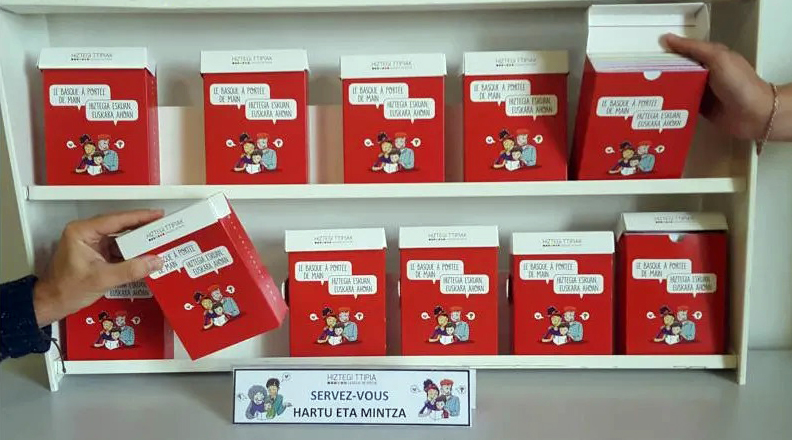How can this hidden and Euskaldun Bilbao be brought to light?
- The second stage of Erabilbo 2.0 will begin in October and will continue until December, with a clear objective: Continue to promote the use of Euskera in Bilbao, creating leisure spaces for this purpose. With the help of coordinators Aitor Argote and Koldo Agirregomezkorta, we have seen both the first steps of last year and the main challenges of 2014. Among other things, to reach thousands of Euskaldunes and bilbaínes that are not in the Basque Country or around the Berbalagun groups, and to sow in the city the seed of a catalogue of leisure in Basque.
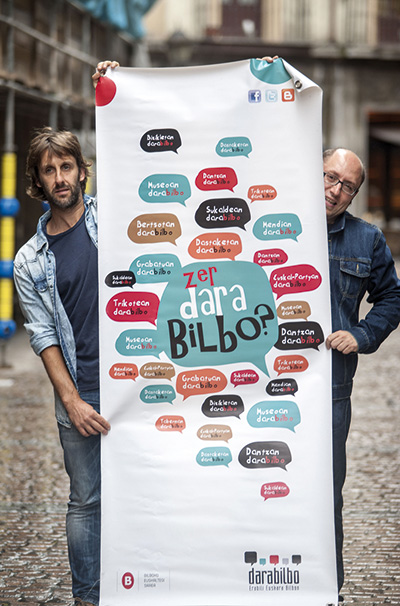
The plenary session of the City of Bilbao last year approved a series of measures to promote the use of the Basque country. The City Council approved a budget of 30,000 euros and went to the Euskaltegis Network of the city, requesting that “something” be carried out. Finally, AEK was responsible for launching the initiative, in particular Aitor Argote and Koldo Agirregimezkorta. On the other hand, Agirregomezkorta has been a professor of AEK and has experience in the field of communication for five or six years in the Basque capital from his home country.
The work began in July 2013 and the result was Erabilbo. “At that time it was fashionable to use compact verbs; we came up with a name related to the verb ‘use’... and in the end, ‘use’ came Darabilbo,” explains Argote.
In all neighborhoods and free
“As the goal is to encourage use, we decided to form small groups that would facilitate exchange,” says Agirregomezkorta. It was also clear from the outset that Abil’s activities should be free of charge and reach all the districts of the
ciudad.En 2013, the events took place between October and December, almost every day. Courses, guided walks, conferences, museum visits, beer tastings... Activities for a couple of hours, most repeated neighborhoods. In Argote’s view, they have managed to offer an interesting programme: “People have not come simply because they were Basque, but because they were attractive.”
Although the 2013 valuation is generally good, this year – to which surname 2.0 has been added – they decided to organize it differently, trying to fill some gaps. “We learned that for some activities it is not enough one day; people asked us to organize a workshop, longer.” For example, in 2013 the crochet workshop, which was given in a single session, lasts ten weeks. “This way people trust each other and there’s more chance of speaking.”
On the other hand, it must be borne in mind that the 2014 programme has two more months, which have also been in May and June, but that the budget is the same as last year. You can't do something every day.
Trying to reach all Basques
As for the 2013 valuation, Argote and Agirregomezkorta are the most self-critical in the field of disclosure. They say they did not know how to make Abil known outside the Basque Country and the Berbalagun groups. “Last year’s activities involved 750 people, half of them Euskaltegis students, and a quarter Berbalagun.” The rest of the Basques, therefore, was only a quarter.
“Maybe we didn’t know what Erabilbo is,” says Argote. Thus, the launch campaign of Erabilbo 2.0 was reinforced. What last year only appeared on social media and the Internet, this year has also been on the street.
The hidden power of the Basque Country
In Bilbao they believe that Euskera has more strength than is believed, but that force is in the dream, and the key is to awaken. According to Aitor Argote, the sum of full vasco-speakers and functional Euskaldunes makes 170,000 people able to practice the Basque language in Bilbao, in one measure or another. In fact, they've striven to offer a number of events that can be at ease as mere listeners, for the sake of those who don't have the facility or courage to start talking.
“I heard a Iparralde journalist who was at ETB who in Baiona could not speak in Basque 24 hours a day, and instead in Bilbao yes,” says Aitor Argote, “Wow! and without the bilbaiters realizing it!” To make these hidden opportunities visible, it has been proposed to create a small catalog to consume leisure in Basque. Before opportunities exist, and there they will follow if Darabilbo disappears – “we don’t know how long this will be” – the initiative has served them, that is, to realize many of those possibilities. “In Bilbao there is more and more Euskera, what happens is try,” says Argote, “I don’t know where and everything is in Spanish, but suddenly one speaks in Basque and there the Basques appear here and there, that has happened to us.” They have begun to do documentation work so that Euskaldunes are aware of
these possibilities. Not only that: in addition to bringing to light the Euskera, they also want to try to Euskaldunize pure Spanish. In the words of Agirregomezkorta, “there are courses, workshops... that are performed entirely in Spanish, and the organizers would like to report that there is a public to consume them in Basque”. They have work waiting for Erabilbo 3.0 to be held.
Hirian dauden euskaltegi guzti-guztiek osatzen dute Bilboko Euskaltegi Sarea. “Beti batu izan gara euskararen aurkako erasoei eta holakoei aurre egiteko”, diosku Aitor Argotek, “baina Darabilboren kasuan, elkarlan hori zer edo zer sortzeko izan da; ez dut esango Darabilbori esker jarri dela martxan Sarea, baina bai Darabilborengatik indartu dela”.
Darabilboren haritik tiraka, kezkak agertu dira: euskararen erabilera Bilbon, berbalagun taldeak... Ez dira kontu berriak, baina orain, behintzat, horien gainean hitz egiteko maiztasun finkoz elkartzen hasi dira Euskaltegi Sareko kideak.
Euskaraldiaren atarian, beste behin, Pantailaldia egingo da. Maiatzaren 6tik 15era iraungo du, eta euskarazko ikus-entzunezkoen kontsumoa sustatzea izango da helburua.
Baina non gaude, non dago euskara ikus-entzunezkoen mundu zabalean, nora goaz? Zein hutsune, zein erronka... [+]









